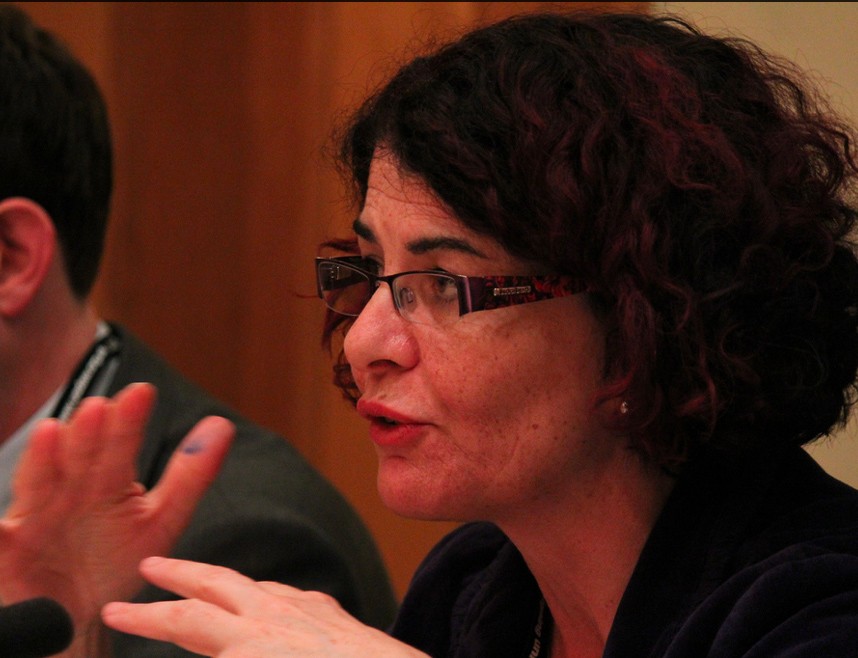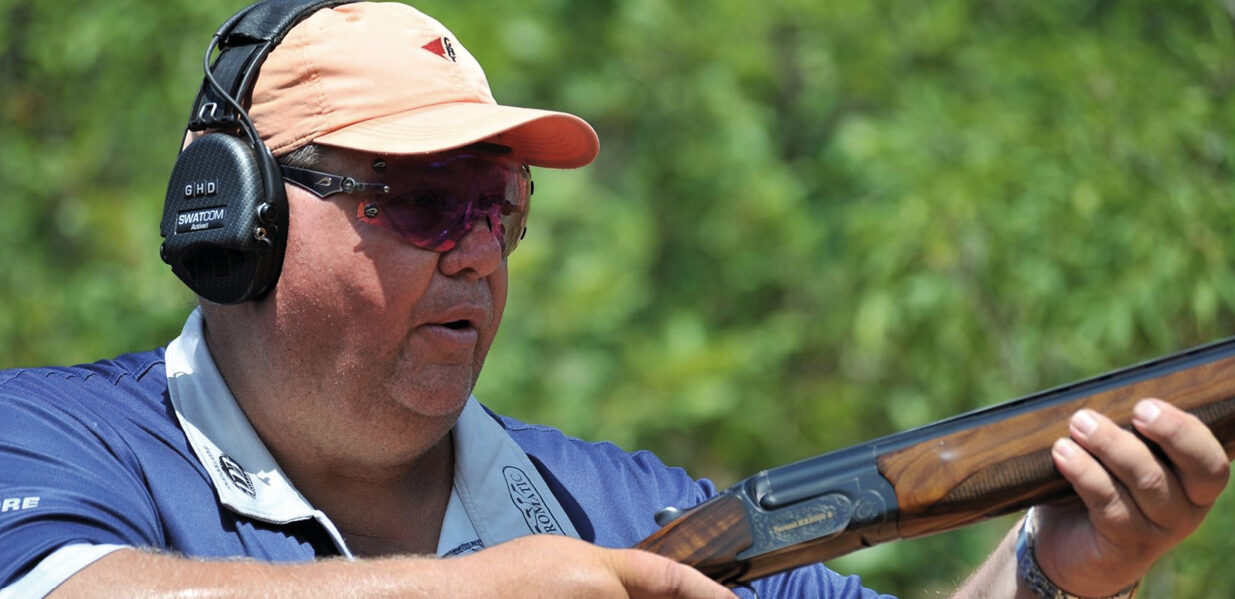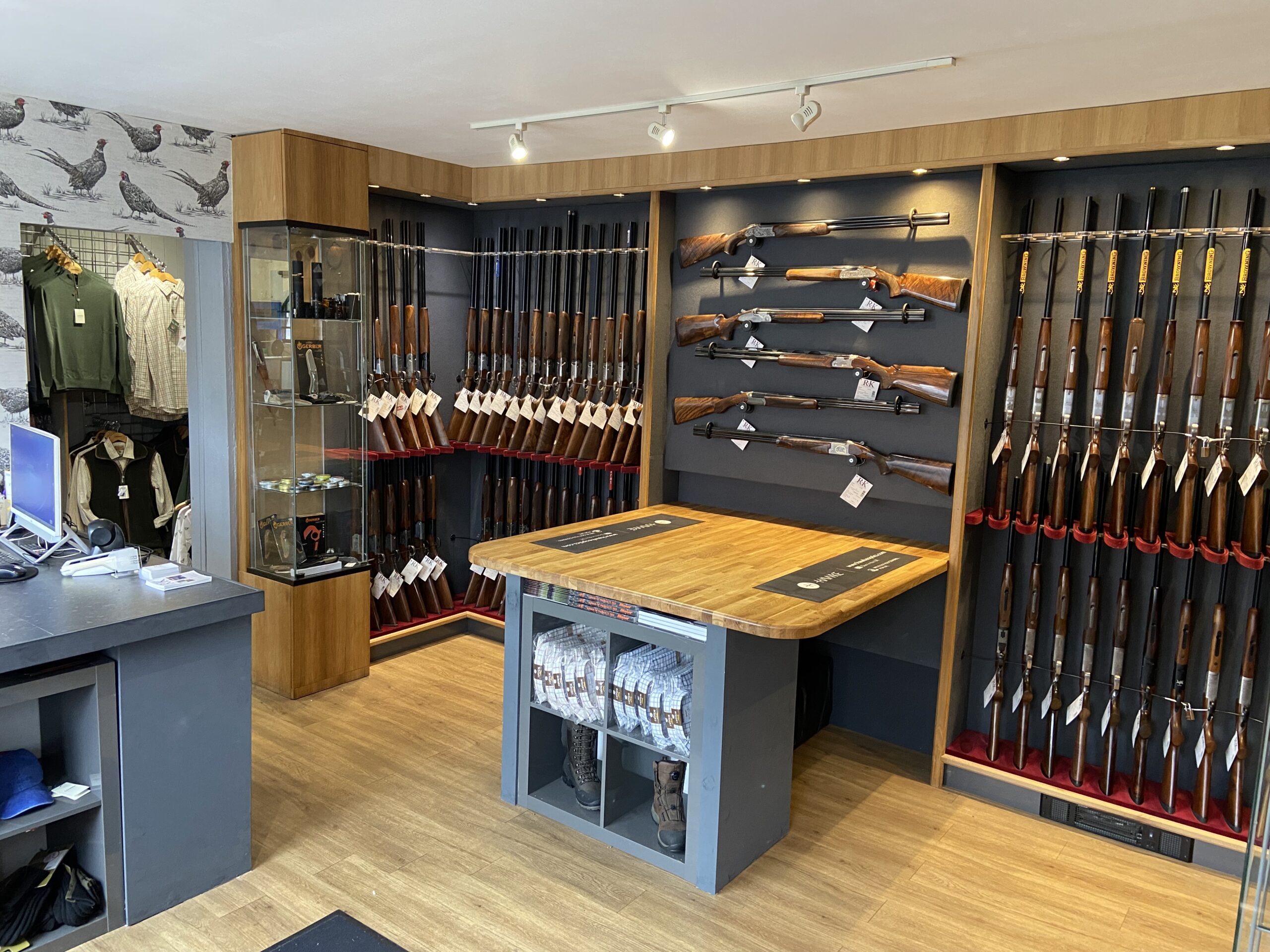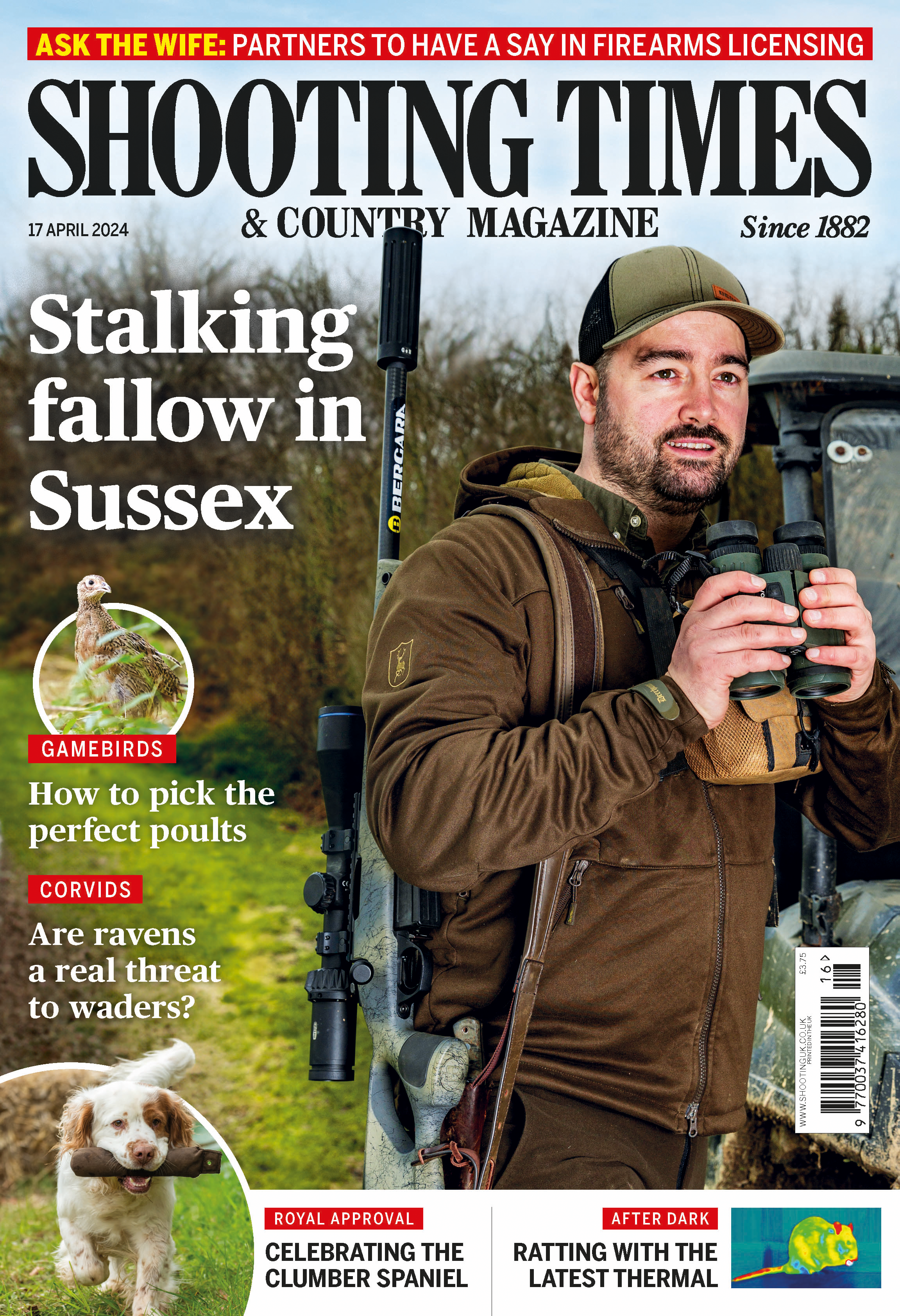Labour’s plans for shooting

After Ms Johnson, Shadow Home Office Minister for Crime and Security, made a comment about potentially changing the firearms legislation (News, 23 October), a flurry of emails and letters poured into the Shooting Times office. We asked her to elaborate at the time, but she chose to talk about the issues in full during the interview that follows.
The rural population is losing faith in the coalition Government, according to a recent poll by the Countryside Alliance. What do you think Labour can do to gain the rural vote?
I’m an MP for an inner-city area, but near where I represent in East Yorkshire, there’s a whole rural swathe around East Riding. There are real concerns about communities in rural areas having access to services — village schools, post offices and village shops are an issue, the kind of things that glue a community together. My colleagues within the shadow teams are looking at a one-nation approach to policy development — it’s not just about inner-city areas, it’s about what goes on around the whole of the country. Ed Miliband uses this phrase, “the one nation”, which means north and south, country and urban. Everybody has a stake in the future of this country.
During the reception held by BASC and The Angling Trust at the Labour Party Conference, you said shooting was assured under Labour. Two weeks later, you made a comment about the biggest change to firearms legislation since the handgun ban. What changes are you proposing? A new Firearms Act?
That was the second time I’d been to the BASC reception. We recognise and acknowledge that shooting is a great recreational activity for many people, as well as something that many have to do as part of their jobs. My comments concerned the Anti-social and Behaviour Bill going through Parliament. Over the course of the past year or so, a couple of issues have been highlighted to the shadow Home Office team. One was the terrible incident that happened in the North-East — the Michael Atherton shooting. Bobby Turnbull, the son of one of the victims of the shooting, has been running a campaign because of what happened to his relatives. It struck a chord — we were all shocked. There’s been an investigation and Durham Police have amended the way they do things, and that’s right and proper.
What Bobby has impressed me with is the need to be very clear on the issue around domestic violence. If there is a history of domestic violence, which may not be convictions but information that the police hold, most people would say we don’t want that sort of person to hold guns. We wanted to raise that with the Government, but in Opposition you only have a limited number of ways of doing that. The Bill has a small section on firearms, so we used it as a vehicle to raise the issue.
The second issue that we wanted to raise is about the cost of a gun licence, which also falls within the Bill. We are not looking for a new Firearms Act. It is two distinct issues that we are flagging up.
The Association of Chief Police Officers (ACPO) is telling us that the shortfall is around £18million a year. We’re concerned because budgets are
under such constraint at the moment. Anglers pay £27 a year — which doesn’t entail all the checks that firearms licences have to go through. A cost of £50 for five years, which hasn’t gone up since 2001, is something that we need to look at.
You compare the cost of a fishing licence to that of a firearms licence. There’s a difference, however: fishing licence fees go towards environmental work, while firearms licences protect public safety. Moreover, shooters undertake more than 2.7million days of conservation work a year. So do you think that comparison is fair?
I take your point about the differences between the fishing and firearms licences. What we are trying to do is get the licence set at a fair rate. We accept that the process of licensing at the moment isn’t satisfactory. Some forces do it well, others don’t and I think there is a general question about what the future of licensing should be. A number of people have asked me whether we’d consider a central body where there are clear standards, timetabling and expectations. But it might be that individual police forces keep the licensing but that there are clear standards about what’s expected and that there is a service delivery agreement. We would want to have a conversation with BASC and other groups and members of the shooting community about how best to do this.
We are looking at how licensing operates and whether there is a different method that would be better for people making the application, might streamline the process, and might have standards that everyone knows and understands. There has to be an acceptance that if the price is to go up we would look to improve what the applicant gets in return. We are not saying we are just going to put the price up and everything is going to be fine. If the price goes up, so should standards.
Many shooters feel that the Michael Atherton case demonstrated that the existing licensing regime and how it is implemented doesn’t work, rather than that there are flaws within the existing law. How would you answer this?
What I picked up was that licensing officers making those decisions [about whether to give licences to individuals] are worried that if a refusal takes place they could end up going to court and there could be additional costs associated with that. What we were trying to do with the amendment to the Antisocial Bill was to give more certainty to a licensing officer. If there is a history of domestic violence, then the officer should be able to say that there’s a presumption that a licence won’t be granted. Of course, it is rebuttal — that’s the key thing. It isn’t a blanket ban. We put the same into the amendments about a history of mental illness. If someone has an incidence of depression when they are 18 and they’re now 50 and they’ve not had any problem since, that would be a rebuttable presumption.
Of course, the Government’s answer to us in the House of Commons was that it had just issued new guidance. It’s quite clear in the guidance that you shouldn’t issue a licence to someone where there has been a history of domestic violence. We wanted to take it one step further to put it into statute, to say that this was the rebuttable presumption in law — particularly with domestic violence because of what happened in Durham. The Bill is off to the House of Lords next. It will be interesting to hear what happens there, because I imagine there are quite a lot of people in the Lords who shoot and who have an interest in this area.
Concerning the £18m shortfall for the cost of licensing — our research shows that the figure is roughly equivalent to the sum paid by the taxpayer to cover the shortfall in policing football matches. Why should shooters be paying and not football fans?
You raise an interesting point. There’s actually a case going through the courts about Leeds Football Club. The club is being asked to pay for the policing, not just in the grounds and around the immediate area, but also at the bus and train station. With the economic situation, there is a feeling that people have to pay their fair share.
I haven’t seen the workings on ACPO’s figure of £18m, but certainly I think the general public would say that if you are going to make an application for a licence then it should be set at a reasonable rate. I think most people would accept that the licensing fee is due for an increase. The big issue is what the figure is — should it be staged? As I said earlier, it has to link with a better service.
The shooter actually doesn’t benefit from the licence — the licence is to benefit the public. Do you feel that the shooter should bear the full brunt of the cost? Or do you think there should be a balance between taxpayers’ money and shooters’ money?
I’d certainly be willing to look at the arguments there. I think there are two issues. One is that the police are under enormous pressure with making ends meet with the budgets they’ve got. We’ve seen 15,000 front-line police go during this Parliament. That has to be acknowledged. I’m pleased that there is a discussion going on between all the key parties in this to try to get to an agreed way forward. The shooting community is important and I think that at the moment, with the licensing regime we have, they are not getting a particularly great service overall. Equally, I think the shooting community will accept that it is going to have to pay a bit more. Exactly what that is has to be worked out. I’m sure BASC will bring a great deal of evidence and knowledge to the table concerning fees, so I think it’s important that those conversations go on.
Finally, one comment you made recently caused quite a lot of confusion. You said that the onus should be on an applicant to prove their suitability. What did you mean by that?
This comment was made on the basis of the applicant having a history of domestic violence, or other serious problems. I didn’t mean generally. If there was someone who has a history of domestic violence, I want the onus to be on that person to prove why they should have a gun. We also mean this to apply for mental health issues, drug problems and alcohol abuse. It’s about this particular change in law, not about law-abiding shooters.








